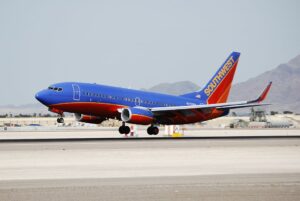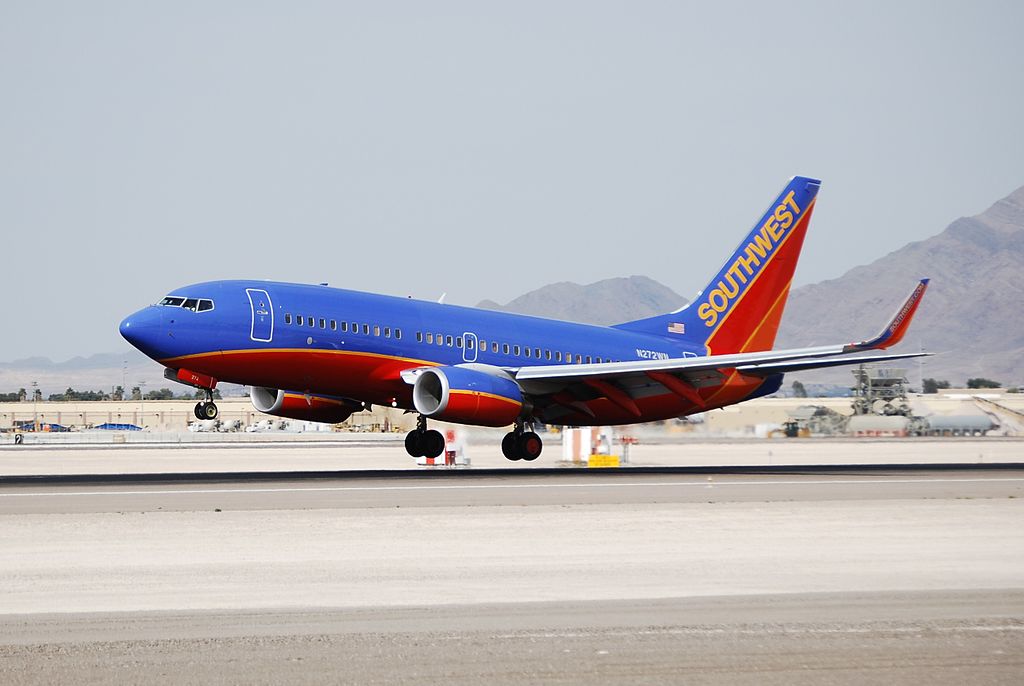Closed Borders and Open Skies Dominate Summit Agenda

Government affairs take up discussion during U.S. Chamber of Commerce Meeting.
The second proposed travel ban from the White House and the ongoing Open Skies debate were on the agenda of discussion during the annual U.S. Chamber of Commerce Aviation Summit on Thursday, March 2. The day-long meeting heard from stakeholders on all sides of the industry, taking on topics ranging from aviation technology to environmental sustainability.
The most divisive topics discussed during the summit were January’s failed executive order by President Donald Trump and the continued discussion about the “Middle East Three.” During a presentation, International Air Transport Association (IATA) president Alexandre de Juniac decried the travel ban, as well as future proposed travel bans from Washington.
“I believe that aviation is the business of freedom. Air travel liberates people to live better lives and makes our world a better place,” de Juniac said in his speech. “So we are deeply concerned with recent developments that point to a future of restricted borders and protectionism. These deny the benefits of globalization—a product made possible by our industry.”
The comments were seconded by Roger Dow, president of the U.S. Travel Association. In a press release, Dow responded to a presentation earlier in the day by former CIA deputy director Michael Morrel, warning about potential terrorist activity targeting airports.
“Security is a top priority for the U.S. travel community, but it’s critical to balance both sides of the ledger: make clear who is not welcome, but also who remains welcome,” Dow said in the release. “Not doing so would be to double-down on doubts, discontent and division that risk significant economic harm.”
Open Skies and the ongoing battle between America’s legacy carriers and the Middle Eastern luxury carriers were also part of the discussion. Air Transport World reports that the leaders of American Airlines and United Airlines, Doug Parker and Oscar Munoz, decried the alleged subsidies to fuel the Middle Eastern carriers’ growth.
“It’s certainly about American jobs,” Parker told reporters after his presentation, according to ATW. “At this point there are a number of things that could be done about the fact that they are violating [terms of the Open Skies agreements].”
In a statement e-mailed to FlyerTalk, U.S. Airlines for Open Skies, a coalition of carriers defending the current Open Skies agreements, chided the legacy executives. Their counter-statement claimed that the legacy carriers did not reflect the overall health of the aviation industry.
“When it comes to jobs, our coalition – plus the other U.S. airlines not aligned with the legacy carriers – collectively employ more than 942,000 workers, almost three-and-a-half times the number employed by the legacy carriers,” a spokesperson for the group wrote. “These jobs, and millions more in the travel, tourism, and hospitality industries, benefit from Open Skies.”
[Photo: Shutterstock]























